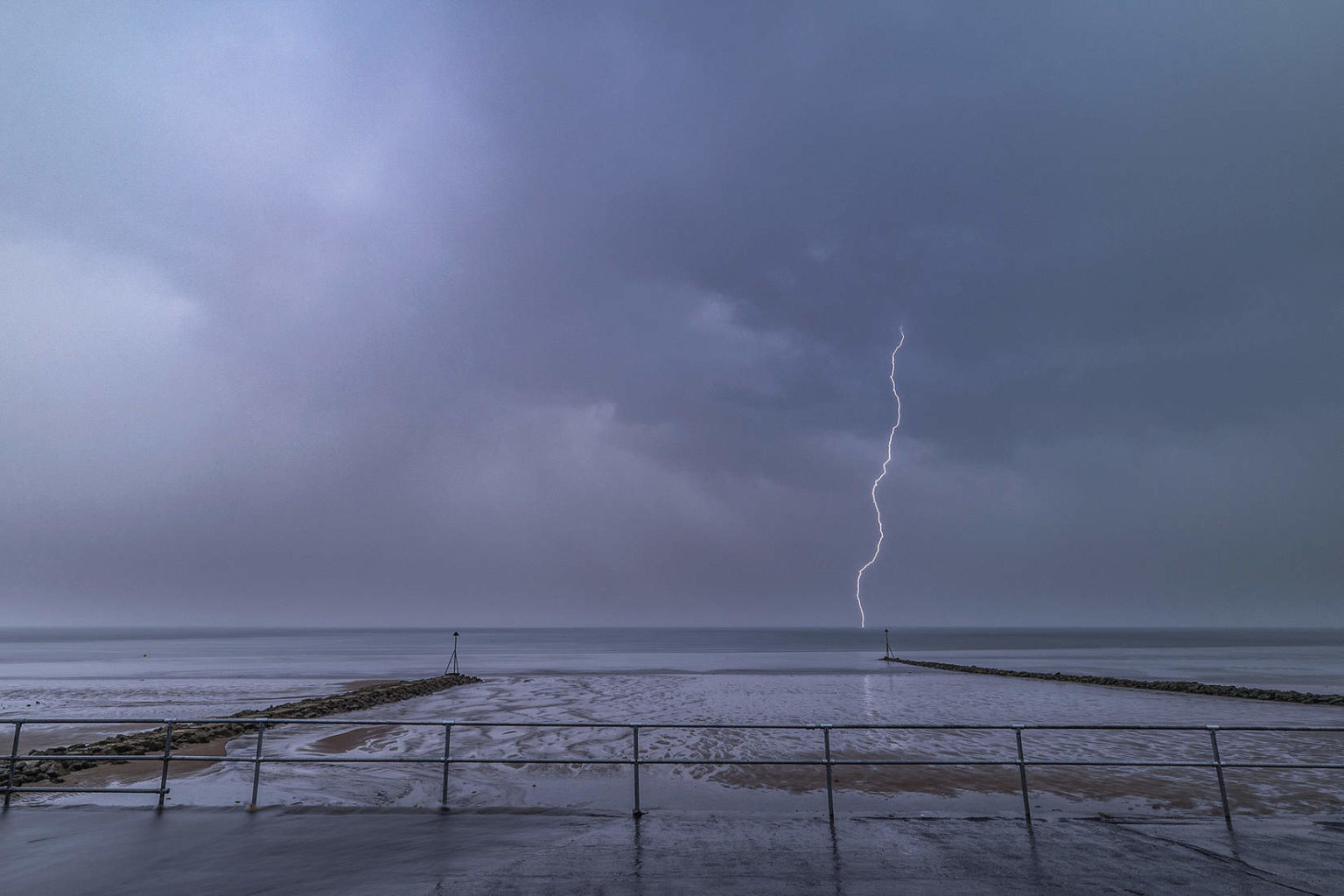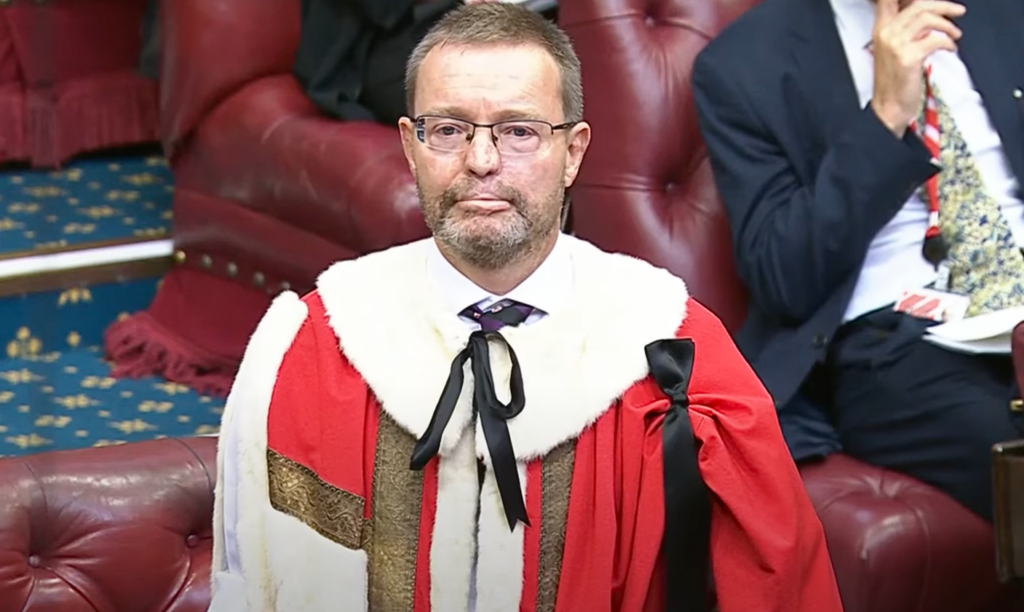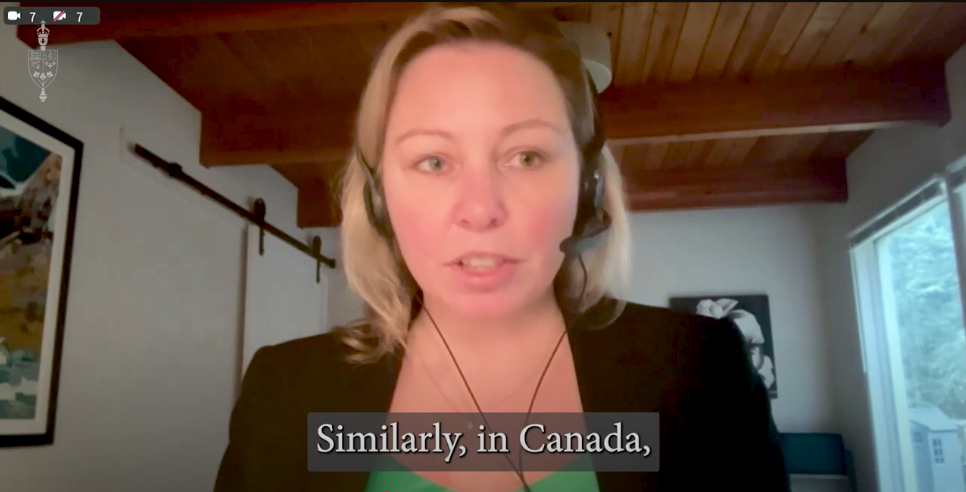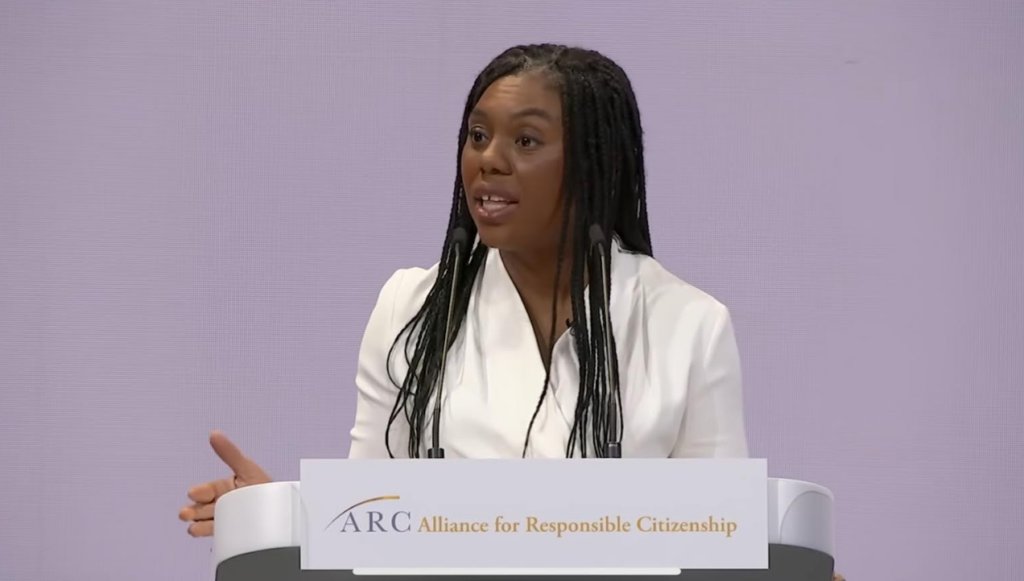New studies confirm climate change’s triple risk to Europe. The heat is on, lives are at risk and the floods are arriving earlier, writes Tim Radford at Climate News Network.
Researchers have just issued three separate climate warnings to the citizens of Europe on the same day, in three different journals – a triple risk salvo.
One group warns that, if humans go on burning fossil fuels at an ever increasing rate, heatwave temperatures could reach an intolerable 55°C in many parts of the globe, including some parts of continental Europe.
A second study warns that by the century’s end weather-related disasters – floods, heatwaves, droughts, wildfires and windstorms – could claim a 50-fold increase in fatalities, and expose 350 million Europeans to harmful climate extremes every year.
And a third study points out that climate change is already at work: the spring floods in Western Europe now arrive up to 15 days earlier than they did in 1960.
“By [2100], the present record-breaking temperatures in southern Europe would be matched or surpassed every year, and climate-related events could deliver more premature deaths than air pollution.”
Two of the studies are from the European Commission’s joint research centre and the first of these confirms separate research in June and again this month, that murderous levels of heat and humidity could affect many millions if there are no steps to drastically reduce the greenhouse gas emissions that drive global warming and climate change.
But this time the European researchers warn in the journal Scientific Reports that even if the world’s nations do fulfil a promise made in Paris in 2015 to contain global warming to no more than 2°C by 2100, temperatures will almost every year tip to 40°C in many parts of Asia, Australia, North Africa, and both North and South America, and in Europe there will each summer be a 30% probability of similarly strong heatwaves.
And with such high temperatures comes the increased risk of other climate-related disasters. Another team of European researchers warn in the journal Lancet Planetary Health that rising temperatures would bring increasingly dangerous weather extremes.
They analysed 2,300 records of disaster events between 1981 and 2010, assumed that there would be no attempts to adapt or mitigate climate change, and then scaled up the possible casualties eight decades from now.
By then, the present record-breaking temperatures in southern Europe would be matched or surpassed every year, and climate-related events could deliver more premature deaths than air pollution.
Earlier shift
And in the journal Science, researchers from separate institutions across Europe analysed data from 4,200 river-measuring stations in 38 European nations across a 50-year timespan. They also collected information on soil moisture, rain and snowfall and temperature.
In western Europe, 50% of the stations recorded a shift towards earlier floods – up to 15 days earlier – and in northeastern Europe, half of all hydrometric stations recorded an advance in the flood timing of around eight days.
Around the North Sea, half the stations registered floods that came eight days later than in 1960, perhaps because of extreme precipitation during the winter. River flooding is the natural hazard most likely to affect the most people, and now costs the world an estimated $100 bn every year.
The scientists warn that shifts in flood timing could have considerable economic and environmental consequences, and say their continental-wide observations “also enable the identification of a clear climate change signal that could not be obtained by earlier studies based on flood magnitude data.”
This article was first published on Climate News Network.
Photo: Kris Williams via Flickr | CC 2.0
Subscribe to our newsletter
Stay up to date with DeSmog news and alerts







